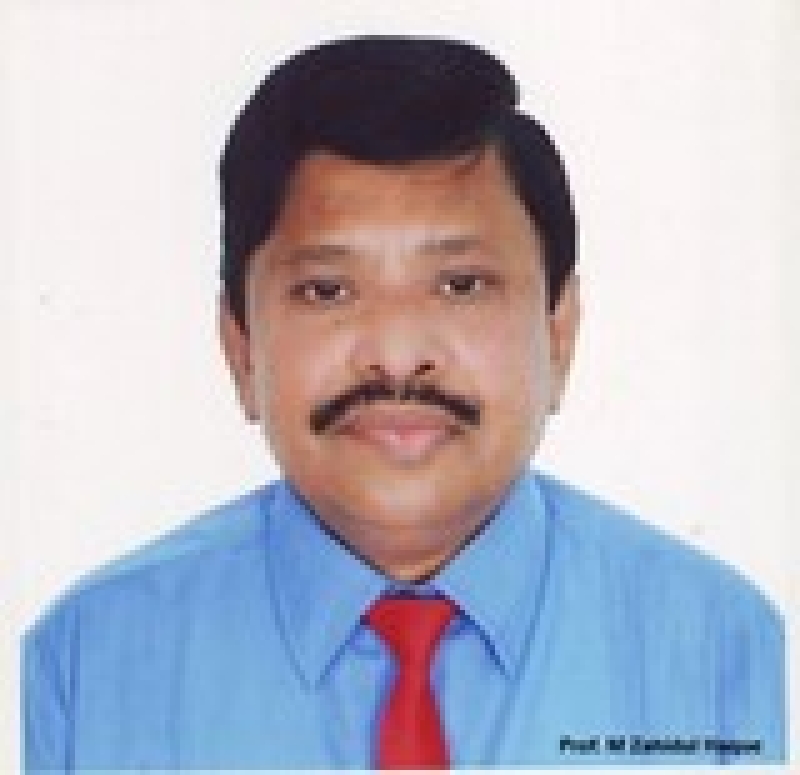- Tarique visits National Martyrs’ Memorial, pays homage to martyrs |
- Muslim League leads new electoral alliance, Jatiya Muslim Jote |
- Tk 500cr Drive to Turn Haor Fallow Land Into Farmland |
- Tarique Rahman returns home amid rapturous reception |
- Home After 17 Years: Tarique Returns to Gulshan Residence |
Listening: A Silent yet Transformative Political Tool

Prof. M Zahidul Haque
Prof. M Zahidul Haque
In the critical world of politics, where words often dominate, the art of listening emerges as a surprisingly potent tool. The essence of active listening—which goes beyond merely hearing words to truly understanding and processing them—can serve as a powerful strategy for political success.
Active listening involves more than staying quiet. It requires being fully present, paying attention to verbal and non-verbal cues, and withholding judgment. In the political sphere, these techniques help leaders and policymakers connect with the public, understand opponents, and craft responses that resonate with their audience. This skill is essential for building trust, as it shows empathy, makes people feel heard, and fosters a sense of collaboration.
Recently, while addressing the nation, Chief Advisor Prof. Dr. Muhammad Yunus of the interim government encouraged people to freely critique the Government. This author appreciates the courage and vision of Prof. Yunus. A head of government must listen carefully to the voices of the people. This helps to understand public sentiments and ultimately leads to actions that ensure the greater good of society. A leader who leads a team of ministers or advisors must always prioritize the common good over personal or party interests.
The former prime minister of the overthrown fascist government, Sheikh Hasina, paid little attention to listening to the people's voices. Instead, she followed her whims, guided by her ego and anti-people ideology. In one instance, as the author recalls, the exiled PM Hasina, disrespecting and undermining the university professors' movement against her sustainable pension scheme, dismissively said, “Let them [the university professors] tired, then I’ll sit down and listen to them.” Hasina also ignored the student-led mass movement demanding quota reform. Instead, she pursued a ruthless path, using forces to suppress and kill innocent students and civilians. Many were murdered before the movement achieved victory. We salute and pay heartfelt tribute to all who made the ultimate sacrifice to usher in a new era of justice in Bangladesh.
Now that social order has been restored, we must safeguard the spirit and achievements of the movement through united efforts, ensuring that no further injustice befalls our beloved nation.
Journalism remains vital—perhaps more so than ever before. Recently, Prof. Dr. Muhammad Yunus emphasized the importance of the media in freely criticizing the government, stating that full freedom of the press and expression has been ensured. He stressed the significance of open criticism in advancing the socio-economic development of the country.
There is no doubt that the media now enjoys total freedom in circulating people’s news and opinions without fear. This has established an effective communication network between the government and the people. Listening to people's grievances and expectations is crucial for securing a welfare-oriented, exploitation-free society where people can live peacefully, free from poverty and injustice.
Successful communication within and among citizens enables a political government to achieve its various welfare and development goals. One of the key factors in effective communication is listening. For example, in the United Kingdom, David Cameron’s government failed to understand the views and concerns of its citizens, leading to the Brexit referendum—a direct consequence of not listening.
According to research, it has been found that 80% to 95% of communication resources are devoted to disseminating messages, while only 5% of the large investment in communication by organizations is allocated to listening.
The author believes that the government must listen to the voices of the people and act accordingly. Since it may not be possible for the Chief Advisor to personally address all public concerns, a panel of advisors and experts could be established to listen to the people and direct public-interest issues to the relevant government departments for action.
The power of listening in politics is immense. It transforms communication from a one-sided monologue into a dynamic, reciprocal process that fosters understanding, empathy, and collaboration.
(Prof. M Zahidul Haque is former Professor and Dean, Faculty of Agriculture, Sher-e-Bangla Agricultual University, Dhaka)

